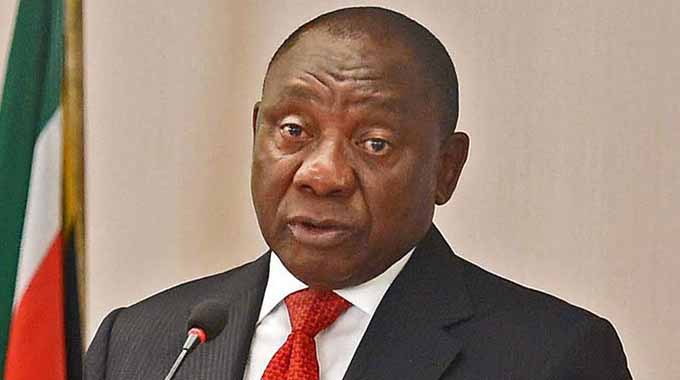Building capacity for Covid-19 response: Advice to churches, other religious settings

Mazvita Machinga Correspondent
By now you and I know that Covid-19 has been causing mayhem worldwide. It has been manifesting differently in communities and, for some, the disease has been so severe, leading to loss of lives. As I think of the need to save lives and protect each other, I see the importance of building capacity of critical institutions such as churches and other religious settings as they are key coping forums in moments of crisis.
Physical distancing has been a difficult concept for many faith communities, whose first instinct is always to encourage gatherings and the coming together of people in times of crisis, but we must know that the situation is different now and calls for new ways of doing things.
We need to stop physical meetings as instructed by authorities. However, physical distancing does not mean social or spiritual isolation. There is call for continuous connectedness and fellowshipping using other means which are not physical.
We need to know that strengthening the capacity of local and national communities to respond with effective public health methods has proven to slow down and prevent transmission of the virus.
A message to religious institutions is for them to develop an ongoing, flexible plan to encourage your members to implement infection control measures aimed at breaking the coronavirus transmission chain.
Churches should work on ways to increase the capacity of its members nationally and in local settings.
There must be clear instructions on how to practise virus preventive measures within families and communities.
As more and more religious organisations are finding ways to continue reaching out to their members, I am urging them to reiterate public health and self-care measures that are coming from reliable and official sources.
The impact of this virus is real, and it surprises me when I sometimes hear some Christians and other religious communities taking this crisis lightly and practising “cheap faith”.
This is time for deep faith. Deep faith that is responsible enough to acknowledge reality and holds believers through the stressors of life. Deep faith that allows us to have a different perspective of things while remaining steadfast with our faith in the power that is greater than humanity — Almighty God.
So, I encourage Christians to send responsible messages on social media and not downplay the painful impact of Covid-19.
While governments have been placing communities in lockdowns, unfortunately without explicit instructions and adherence, such lockdowns will have limited impact. Hence, the need for churches to comply and urge their members to follow instructions.
Religious institutions have always been influential bodies which are powerful in helping people make decisions. As the pandemic goes on, religious institutions must therefore remain in close contact with their health boards and disaster management offices.
This will enable the religious institutions to develop ongoing, flexible plans that will help communities boost their implementation of infection control measures, thereby, breaking the coronavirus transmission chain.
Those who are able can donate funds to acquire and distribute medical supplies to health-care workers in hard-hit health facilities may need to consider doing so. In all this we need not to forget the poor, rural communities, which are often left behind suffering in such times.
Churches must develop and strengthen prevention methods and strategies to reach people even in remote and rural communities, so what are you doing? All disaster response teams need to have a clergy or representative of religious institutions, so that they in turn can go and disseminate such information to their people.
These are influential entities and cannot be left behind in so far as getting accurate public health information is concerned.
Churches must use their health committees to keep people informed and make sure that health communities are in touch with latest credible information. Be careful of fake news and misinformation. A great way of capacity building is to have access to trusted sources of information. Facts minimise fear and help people to prepare effectively.
The theme as we seek capacity building must be “spread accurate information rather than the virus”. Instead of sending overzealous misleading messages on online platforms, I encourage religious bodies to provide virtual support, to update their health boards, share best practices for teaching prevention techniques and engage remotely with each other.
It is important to identify methods that work well in your local communities. Guidance and remote support will equip church leaders to serve as mentors in promoting effective preventive measures in local communities.
Emotional and psychological support is also key, so it is important for churches to connect with such services through registered practitioners or organisations such as the Zimbabwe Psychological Services which is offering free emotional support services.
Your church health committees need to be working and providing contextual life-saving public health information, you have a role to play in this situation. Some ways to share and disseminate information my include training, online webinars, online newsletters, social media messaging, SMS messaging and other forms of digital messaging.
Preventive measures need to include proper hand-washing techniques, meticulous cleaning and physical distancing but remaining socially connected.
Let us join others in stopping the spread of the virus reaching more communities and more people.
Dr Mazvita Machinga is a qualified Psychotherapist and a Mental Health Consultant based in Mutare. Contact 0771 754 519 Email: [email protected].









Comments